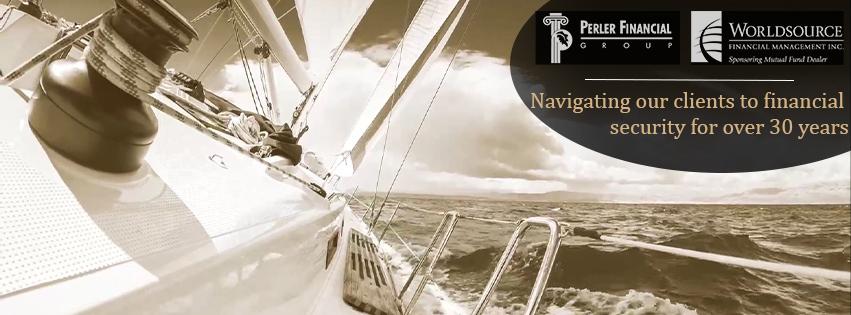
We have bad news for all the Luddites out there: Technology is here to stay. That means computers and cellphones, and all the software and apps that come with them, are going to become more and more prevalent in the future.
Technology has infiltrated our daily lives on such a granular level that most of us don’t even realize how much we rely on technology in our day-to-day activities. COVID-19 has made it more difficult to see loved ones in person and even trips to the grocery store carry risks of infection, so many of us have taken to Zoom-happy hours with friends and ordering our groceries online. Whether it is our work meetings, completing tasks and chores, and even social gatherings, technology is everywhere.
How we use technology will continue to expand in the future, but what does that have to do with your estate? Well, as it turns out, a lot. Before we get into the details, let’s discuss what digital assets are.
Digital assets are essentially anything that has inherent worth that is also in digital form. What establishes their status as an asset is the fact that they come with a “right to use” (e.g. a password). Without a right to use, they are just considered data. Digital assets could include family photos, air miles, hotel rewards, grocery store points, and especially cryptocurrency.
In estate planning, you would keep a list of all your valuable physical assets and you would also consider what would happen to these assets upon your death. Your executor would know these details and would be able to locate these items in your home or safety deposit box and ensure that they are passed on to the right people.
The same holds true for your digital assets. In your estate plan, you should make a list of all your assets, including your digital assets, and ensure that your executor knows what digital assets you own, where to find them, and how to access them. Remember to include your username and password to all of your accounts on the list, and update that list frequently as your passwords are going to change from time to time.
Additionally, when you are considering your estate and your legacy, you need to decide what you would like to do with your social media profiles. Perhaps you have become a prolific tweeter through your Twitter account, or maybe you use Facebook to remain connected to your long-distance friends and family. Either way, your social media profiles could remain online forever, or they could be deleted per your wishes. Make a decision now about what you would like to do with your social media accounts so that there is no ambiguity regarding how your family should handle them when dealing with your estate.
Digital assets have been overlooked in the past to the frustration of many estate executors. But as the world continues to evolve, people will rely more and more heavily on technology. This means that people’s wealth and valuables may be held digitally, and therefore, these assets should be included in your estate planning.
If you are not sure where to start, talk to your trusted executor and write down some notes related to the following information:
- What are your digital assets?
- Where can your executor find them?
- Update your usernames and passwords regularly.
- Share this information and any updated information with your executor.
As always, please feel free to share this article with anyone you think would find it of interest.
Copyright @ 2022 FSB Content Marketing Inc.- All Rights Reserved


